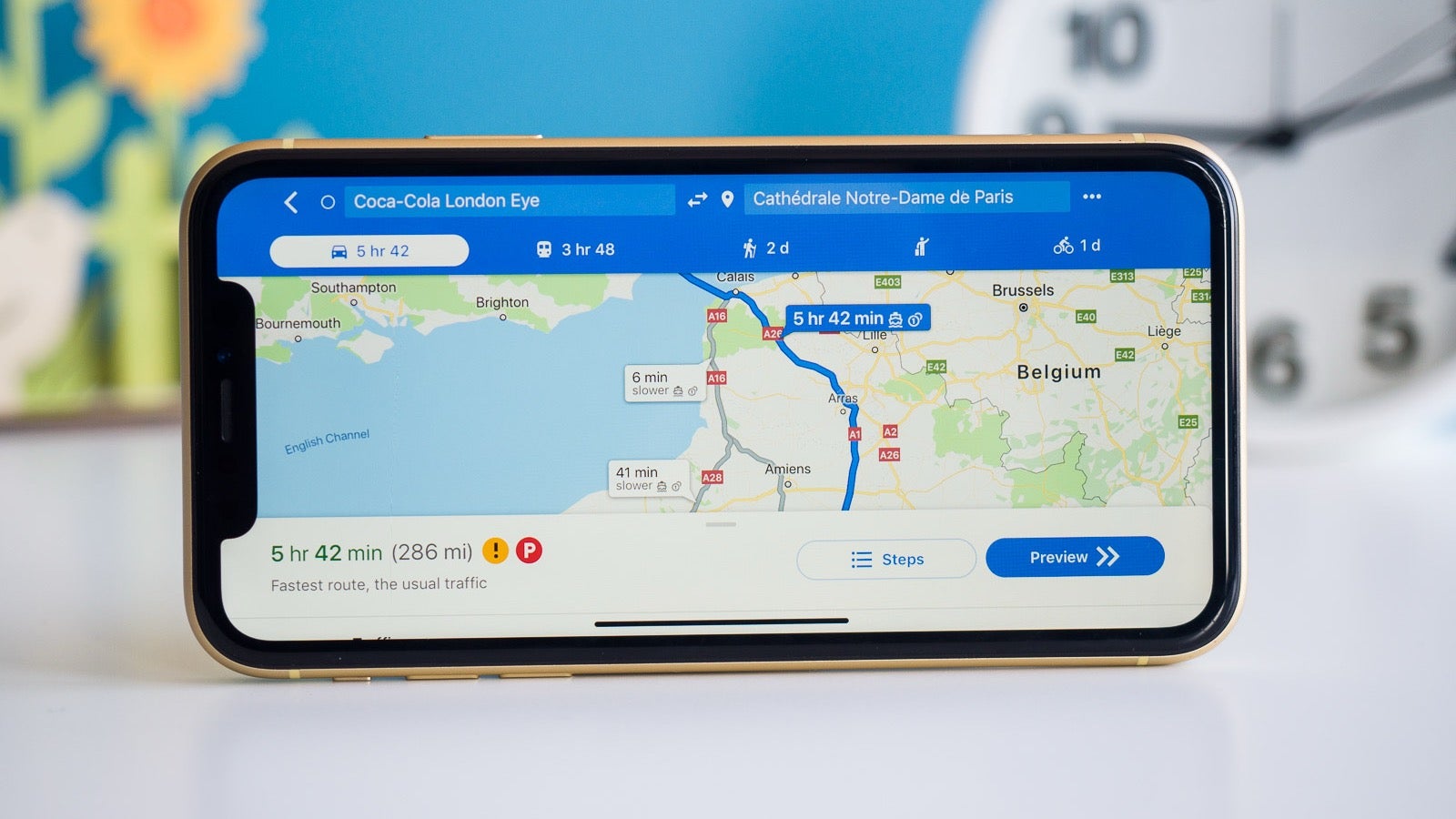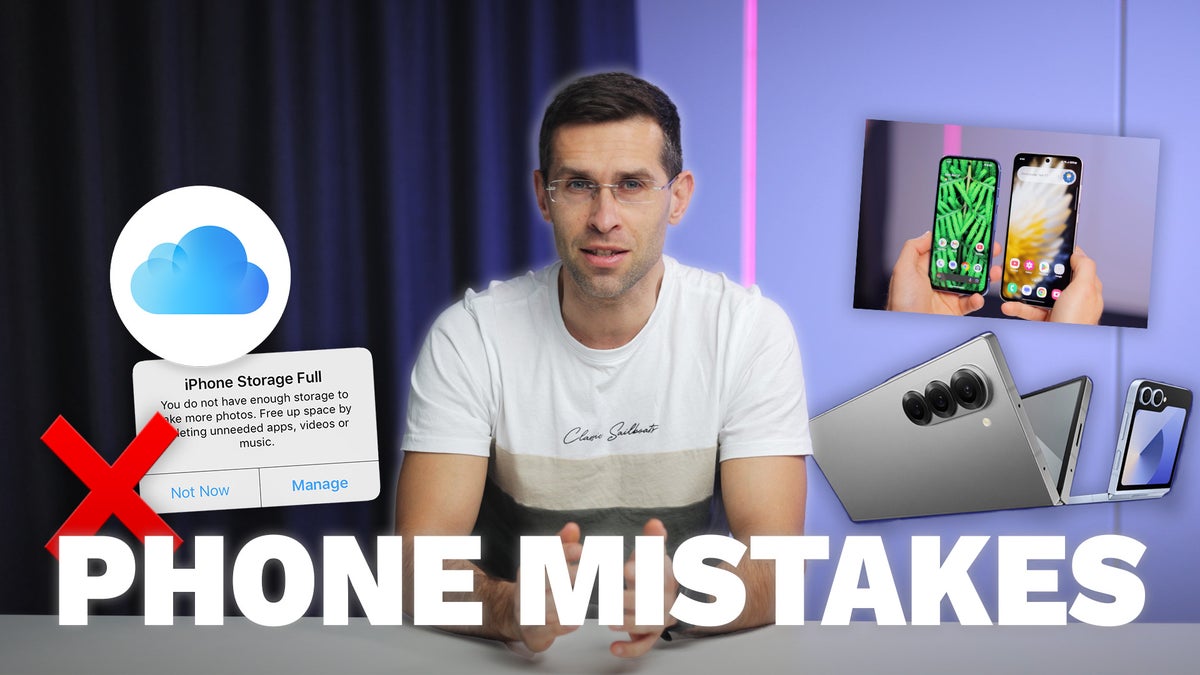[ad_1] We have received some questions about the designation inside Google Maps. We have a long -term practice to apply names changes when updated in official government sources. It is important to note that Google is not alone in adopting this change. Other map providers, such as Apple and Bing Maps, also updated their maps to reflect the appointment of the Gulf of America. This indicates that the change depends on the official GNis data and not just a decision made by Google. While reincarnation may seem surprising or political motives for some, it appears to be the result of adhering to the official naming criteria and subsequent efforts to manage the user notes that followed. This is a complex position that highlights the interaction between official data, user comments and policies that govern online platforms. It raises questions about how the map providers are balanced with accuracy with public opinion, and how to manage content when dealing with controversial issues. Meanwhile, the above -mentioned water group is still referred to as the "Gulf of Mexico" for users outside the United States, adding more to this constant confusion and discussion.
[ad_2]
Download
Google Maps is doing this to your reviews. Should you be concerned?
| Name | |
|---|---|
| Publisher | |
| Genre | News & Magazines |
| Version | |
| Update | February 13, 2025 |
| Get it On |  |










